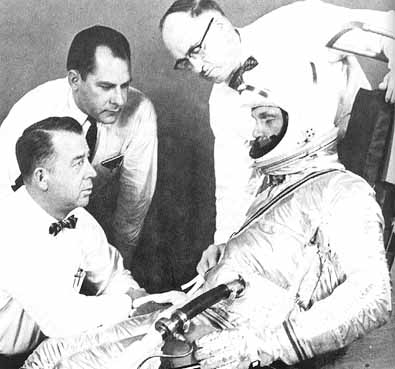There was competition for the Apollo program emanating from Russia, but there were no giant multinationals actively working to quash it. That’s what carbon-free energy must circumvent, as James Dyke explains in a Conversation piece, which lauds the Global Apollo initiative for renewable energy while simultaneously worrying about it. The opening:
A group of prominent scientists has launched an “Apollo programme” for renewables, called Global Apollo. Its mission is to make carbon-free electricity less costly than that generated from coal, and to do it within ten years. It’s an international effort that will promote the technological advances required to produce the rapid transition from fossil fuels to renewable energy, and so keep climate change to within the “safe” limit of two degrees celsius.
It’s an ambitious if not audacious statement of intent that will seek to marshal the efforts of current and new generations of engineers and scientists.
And on its own it’s doomed to failure. Let me explain.
The Global Apollo mission takes inspiration not only from the Apollo Program that sent humans to the moon, but also the International Technology Roadmap for Semiconductors (ITRS). What’s that got to do with climate change? Well, the ITRS is a collaborative effort between the world’s largest chip manufacturers to understand, plan and ultimately resolve technological challenges that allow faster semiconductor chips. Over the past 30 years this has produced continual decreases in microchip prices along with steady performance improvements.
Faster and cheaper chips translates to better and cheaper electronic products that spur further innovation. It’s a win-win. But this is a terrible analogy for our current dependence on fossil fuels.
It’s a terrible analogy because the ITRS doesn’t operate in a world in which electronic vacuum tube manufacturers spend millions of dollars actively trying to undermine the development of semiconductors.•
Tags: James Dyke

